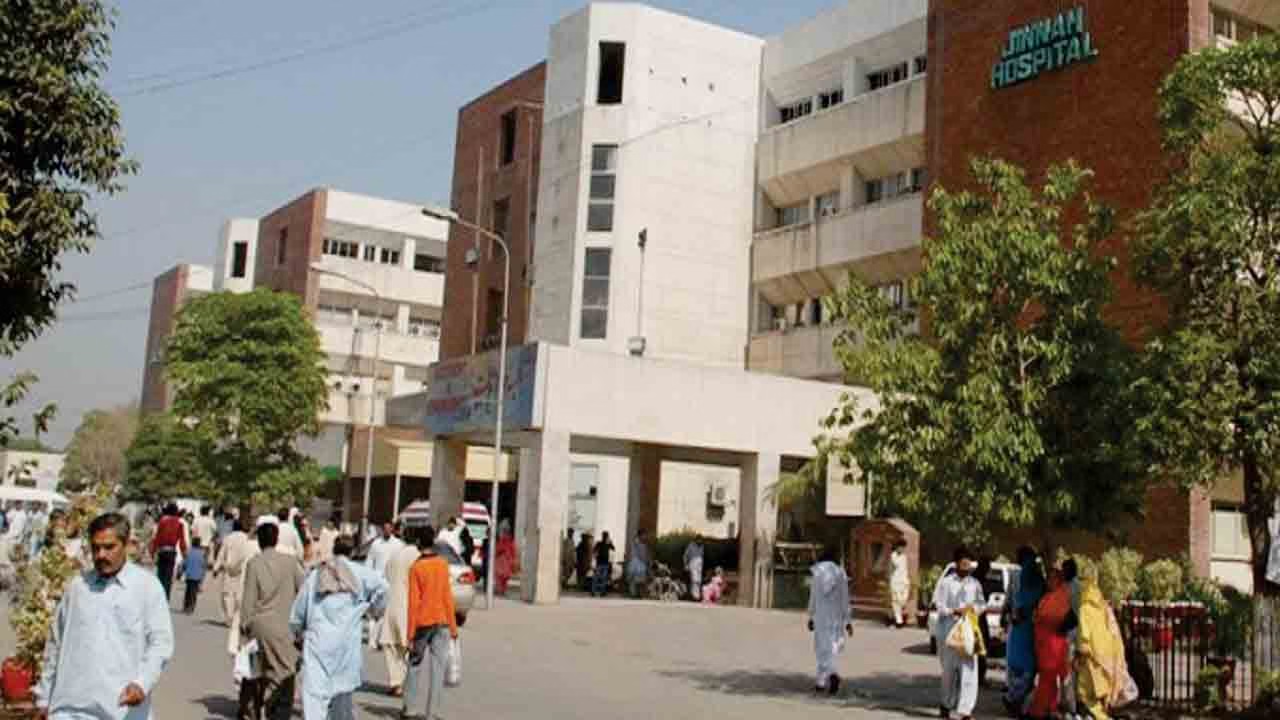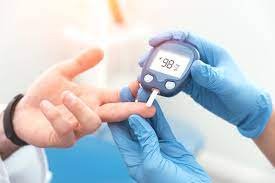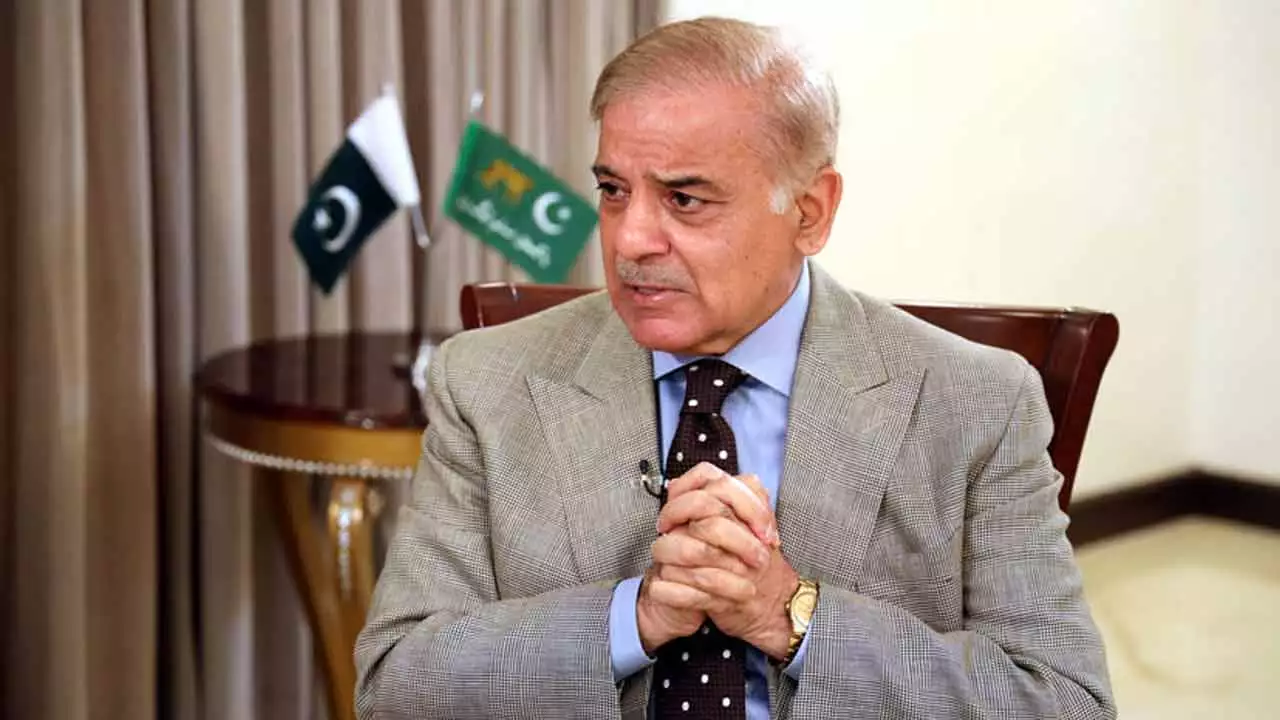A major healthcare crisis has erupted across government hospitals as young doctors, nurses, and paramedical staff launched a complete strike in the Outpatient Departments (OPD) on April 11. Spearheaded by the Grand Health Alliance, the protest is in full swing against the government’s decision to privatize public hospitals. OPD services have been completely locked down, leaving thousands of patients stranded and in distress.
Healthcare Workers United Against Privatization
Members of the Young Doctors Association (YDA), along with nurses and paramedics, have joined forces in a sit-in protest demanding the immediate reversal of the privatization plan. The protesters fear that outsourcing public hospitals will lead to skyrocketing healthcare costs, making basic treatment unaffordable for the poor.
Dr. Shoaib Niazi, President of YDA, strongly criticized the government’s policy, stating,
Privatization will put an unbearable burden on the common man. Free treatment will no longer be possible, and patients will be forced to seek expensive private care. This is unacceptable.
The protesters locked the OPDs across multiple hospitals, vowing to continue the strike indefinitely until the government withdraws its decision. They have set up camps outside the hospitals and warned they are prepared to protest for months if needed.
Sit-In Intensifies: Health Workers Refuse to Back Down
Despite the growing inconvenience to patients, protesters remain firm in their stance. Health workers involved in the sit-in say that the privatization plan will not only harm the general public but will also affect their job security and working conditions.
One protester said,
We are not just fighting for our jobs — we are fighting to save the public health system. If hospitals are handed over to private entities, healthcare will no longer be a right, but a luxury.
The Grand Health Alliance has made it clear that protests will escalate if the government refuses to listen. Their demands include:
- Immediate cancellation of hospital privatization plans
- Assurance of job security for all existing hospital staff
- Restoration of free and affordable healthcare services
- Transparent dialogue between government and healthcare workers
Patients Suffer Amid OPD Lockdown
While the protests have gained momentum, it is the patients who are suffering the most. With OPDs locked and doctors absent, hundreds of patients—many of whom traveled long distances—were turned away without treatment.
At one government hospital, a woman who had come from a rural area with her elderly father expressed her frustration:
We waited for hours, only to find out the doctors are on strike. We can’t afford private hospitals. Where should we go now?
Another patient, who had been scheduled for a follow-up for a chronic illness, said:
The strike has left us helpless. Treatment delays can be life-threatening for people like us.
Many patients were seen sitting in the hospital corridors and parking lots, hoping that services would resume soon. Some were referred to emergency units, but only life-threatening cases were being attended to, putting immense pressure on emergency staff.
Call for Government Response
The strike has sparked nationwide debate, with many urging the government to urgently intervene and open negotiations with the healthcare workers. Critics argue that while reforms may be needed in the health sector, privatization is not the answer, especially when it comes at the cost of accessibility and affordability.
Civil society organizations and patient advocacy groups have also raised concerns about the lack of transparency in the government’s privatization plan. They are demanding that all stakeholders, including health professionals and the public, be consulted before implementing such major changes.
With no resolution in sight, the healthcare system remains in limbo. The OPD strike is likely to worsen in the coming days, especially if the government continues to ignore the protesters’ demands. The YDA and Grand Health Alliance have already warned of expanding the protest to include indoor services and emergency units, which could paralyze the entire public health sector.
The indefinite OPD strike has sent a clear message: healthcare workers will not accept privatization at the expense of patients and public welfare. As patients suffer and hospitals remain in disarray, it is crucial for the government to engage in meaningful dialogue with healthcare professionals and find a people-centered solution.
This crisis underscores a pressing question—should healthcare be treated as a commodity or a fundamental right? The answer may define the future of Pakistan’s public health system.



